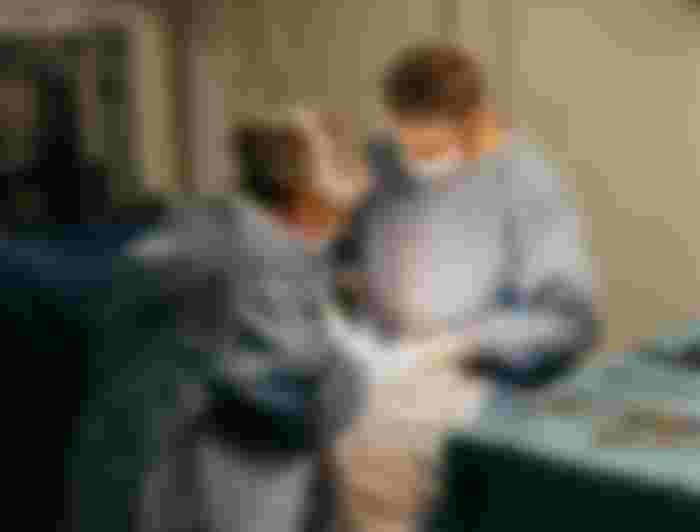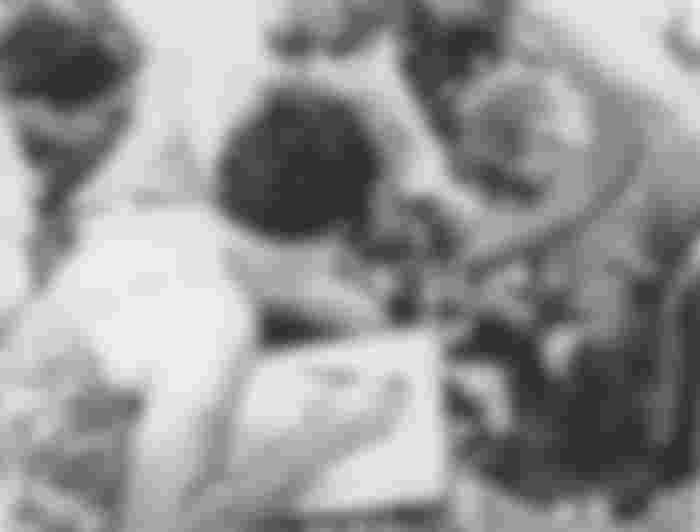Sometimes hair loss can be a sign of common diseases such as diabetes, lupus or polycystic ovary syndrome.
Hair Loss
It is recommended that you first determine the cause of your hair loss before starting any treatment, because by knowing the cause of your hair loss, you can be more successful in treating it and achieve results faster and easier. In this article, we try to point out some of the most important causes of hair loss.
1. Trichotillomania
Trichotillomania is a mental disorder and people with this disease lose their hair due to stress caused by certain events. These people become so accustomed to plucking their hair that it is possible for them to become bald. This condition causes hair loss and damage to the hair follicles. The greater the damage, the less likely it is that hair will regrow.
The best way to treat this disease is to understand the fact that the person himself causes hair loss by plucking it. In other words, one must realize that doing so is damaging one's hair. Sometimes the disease gets to the point that although the person is aware of the consequences, but because it can not be controlled, he continues to pluck his hair. In this case, it is best to see a psychiatrist.

2. Hairstyles and hairstyles Hair
oils, ironing, curling, coloring, bleaching or straightening are some of the things that weaken the hair and as a result it breaks. Even blow-drying can weaken your hair, and the warmer the wind, the more likely it is that your hair will fall out in the long run. Horsetail is one of the hairstyles that in some women causes the hair to come out of the roots. If you always use this type of model for a long time, you will be exposed to hair loss, so that the hair follicles are damaged and new hair growth will not be possible.
3. The role of heredity
One of the most important causes of hair loss is the hereditary factor that can be passed on from a person's parents. The hormone involved in hair loss is called dihydrotestosterone, the secretion of which varies from person to person. In addition, this hormone has a different effect on each person's hair follicles. In other words, some people's hair follicles are sensitive to this hormone and the reason for this sensitivity is a genetic issue. Onion allergy to this hormone does not mean that there is no cure for it, but there are currently drugs on the market that treat this allergy and prevent baldness and hair loss.
Disorders of the hair growth cycle
Life stresses such as pregnancy, surgery, dangerous diseases or tumors are effective in hair loss. The main part of hair loss usually occurs 2 or 3 months before stressful events, because the stress caused by these events stops hair growth and this hair growth causes the hair roots to die. For example, during pregnancy, hormonal changes stop hair growth and hair loss, but after pregnancy, hair begins to grow back. Most people will experience hair growth again after the stressful events are over, but this stressor should not last long.
Skin Diseases
Some people develop a skin condition called alopecia areata or alopecia areata, which causes a part of their hair to fall out. This skin condition is an autoimmune disease and occurs when the body's immune system fights its own tissue. Sometimes, baldness of part of the hair disappears on its own, and sometimes it is necessary to do medical treatment. Some skin conditions such as psoriasis and fungal infections can also cause regional hair loss.

6. Diseases and malnutrition
Sometimes hair loss can be a sign of common diseases such as diabetes, lupus or polycystic ovary syndrome. If you have thyroid disease (whether hypothyroidism or hyperthyroidism), you are at risk for hair loss. In addition, hair loss can be a sign of nutritional deficiencies. People who are deficient in iron, protein and calcium in their diet are also prone to hair loss. As a result, poor diet and disorders such as anorexia or overeating cause excessive hair loss.

7. Side effects of medications
Many people know that one of the side effects of chemotherapy drugs for people with cancer is severe hair loss, which can sometimes lead to baldness. Does everyone know that antidepressants, bipolar disorder medications, and anti-acne medications also cause hair loss? Any medicine that contains amphetamines




